Earlier this week, I had the privilege of sitting down with Rachel Ehrlich, who is the Co-Chair of the Ethics Department, an Ethics teacher and my own advisor.
Erin Saunders: Where did you grow up and what was your childhood like?
Rachel Ehrlich: “I grew up as the sixth child of eight in a small surf town in Southern California. There were not many Jewish people, my family didn’t drive in an area with little public transportation; we were Jewish and odd and loud and political. I loved that, but it was difficult because we completely stood out. It was a difficult childhood and I lived in a lot of poverty, but it was super full of love and I felt really intellectually challenged by my siblings and inspired by my parents. We were consistently challenged to make change, to look at the world and figure out how to make ourselves and it better. This was a huge theme in my childhood: where could we be in solidarity with powerful change. What’s messed up and what can we do to make a difference and not contribute to that messed-up-ness? There was a real focus on issues of social change which I deeply appreciated.”
ES: What made you want to become an educator?
RE: “I was an activist for many many years and loved being in conversation and community around issues of social justice. Then I became a therapist which I also loved, but I was mostly interested in my work with clients around disrupting racism and patriarchy and issues of class and equity, and that’s hard to do because it’s not everyone’s agenda. After a few years of being a clinical therapist, I started working mostly with people with HIV and AIDS who were impacted by all of those systemic pieces. I started trying to figure out where I could be in community with people who wanted to have these conversations and so I started looking for schools with a mission around social justice and change. It wasn’t that hard to find Fieldston at that time. I worked for a couple of schools in California in the early 2000s and when I moved to New York, there were like three places that I thought were doing that kind of work; Fieldston was one of them.”
ES: What classes do you teach? Could you give some background on them?
RE: “I teach Social Justice and Liberation, which was one of the first courses that I taught at Fieldston. It’s a class that looks at social justice theory and liberation: How do we study and understand oppression in an attempt to move towards liberation? I am so excited to be teaching this course with Ms. Harris this year and it’s been awesome. I also have the privilege of co-teaching the sophomore Humanities course, which is an exploration of the issues associated with concepts and the evolution of American freedom. This year, along with the History Department, we are reframing the course as an Ethnic Studies course. That Ethnic Studies piece is a response to one of the SOCM demands and I feel really proud, excited and happy to be joining my colleagues in that student-led effort. I am just so grateful for the work that SOCM did to push that for our school. I teach a course called ‘The Prison Complex’, which used to be called ‘Crime and Punishment’, which is a study of mass incarceration and the systems of racism, classism and white supremacy that perpetuate it. In the spring, I’ll teach the Ethics III course for the first time in a while, which is an introduction to ethics in the high school.”
ES: What has been your favorite class to teach?
RE: “I really do love them all and I’ve been really challenged by all of them in a good way. I feel like the student learning and participation is so genuine and thoughtful and engaged. I love teaching and learning with my colleagues. The course on mass incarceration is probably closest to my heart because it’s tied up with the kind of activism that I care most about. In terms of changes that I want to see in the world, that’s where my activist energy comes from and where I still put it.”
ES: How many years have you been at Fieldston?
RE: “This is my sixteenth year. What’s crazy though, is that that’s like a teeny amount of years compared to a lot of teachers at Fieldston. This is a place where faculty just dig in in such awesome ways. We see at the end of the year the faculty celebration: how many 20 year people and 25-year people and 30-year people there are and that’s awesome. There’s something very special about a place that keeps faculty that long. I think part of it is that we’re a unionized faculty and share a joy for teaching. I’m mindful that many who have been here the longest are White faculty and I’m interested in building a school ethos, policies and practices where faculty of color are supported for as many years.”
ES: What are your goals as an educator and as the co-chair of the Ethics Department?
RE: “My biggest goal as an educator is to use education as a tool for social change and for deeper civic engagement and self-awareness, as well as the amelioration of oppressive structures. I think education is a tool for liberation and that’s why I teach. I love students and I think they’re amazing collaborators and I want to be engaged in this work and have these conversations. I love doing this work with young people because I feel like young people have energy and idealism and are still interested in powerful change. As for my goals for the Ethics Department specifically: I’ve been interested in an effort to help support and create conditions where faculty and students of color are fully included in all aspects of our currently PWI. I’m really interested in the Ethics Department pushing conversations that are difficult but also empowering, in terms of change for our institution as well as the larger community. I have been excited about questions like: How can the Ethics Department support the SOCM demands? How can the Ethics Department support the tremendous work of English and History and DEI around the Adler requirements? I think the Ethics Department gets some well-deserved and powerful credit for engaging in these conversations, but how do we keep ourselves active and constantly learning and growing and deepening.”
ES: How would you describe your time spent at Fieldston? What changes have you seen and what changes do you hope to see?
RE: “One of the biggest changes I’ve seen at Fieldston is a really awesome, robust and powerful rise in students being out and queer and questioning the gender binary. When I first came to Fieldston 16 years ago, there were no out students in the middle or high school. What that speaks to for me is that it isn’t only a change, but it’s a constant at Fieldston: student voice and change coming from the student body. I think the student body has really challenged us, and that means constant change but it has always been a consistent piece: student voice inspiring the change of this institution that has patriarchal roots. Seeing more queer students points to that in many ways. In my time at Fieldston, the SDEI and the SOCM movements have been so awesome. I think student leadership has really coalesced in some really powerful ways at Fieldston. I remember students standing up against gun violence and protesting climate change; just really digging into how we can use the resources and power of our institution as well as our privilege to address inequity in so many different forms.”
ES: What does your social justice work look like both inside and outside of Fieldston?
RE: “Inside Fieldston, it’s mostly been around representation, inclusivity and constantly trying to challenge our policies as a PWI. I am not as engaged in activism as I used to be, but my activism has mostly been around prison rights and immigration issues. That comes out of the early 90s when I was doing HIV work, and I was mostly doing HIV work in those communities that were deeply impacted by HIV/AIDS and mass incarceration and communities impacted by HIV/AIDS and oppressive immigration policies.”
ES: What are some of the biggest challenges you have faced as an educator?
RE: “I think because I consider myself an educator and an activist (even though I’m not out in the streets as much as I used to be since becoming a parent), my challenge is figuring out how to teach students to think on their own versus teaching students what to think. I definitely have issues that I am concerned about and that I care about, and I am interested in inspiring students to be connected to those issues, but at the same time I really want students to find their own ways into that civic engagement.”
ES: What are some of the biggest things you have learned as an educator?
RE: “This is going to sound so cheesy, but I have learned that everybody has a contribution to make. Even people that I radically disagree with challenge me to think differently. I used to think that I only wanted to be around people who thought like I did, but now I know how important it is to be around people who both support my ideology and can also challenge it in powerful ways. I think as an educator, diversifying what I read, the materials and sources that I seek out and what I help build are essential.”

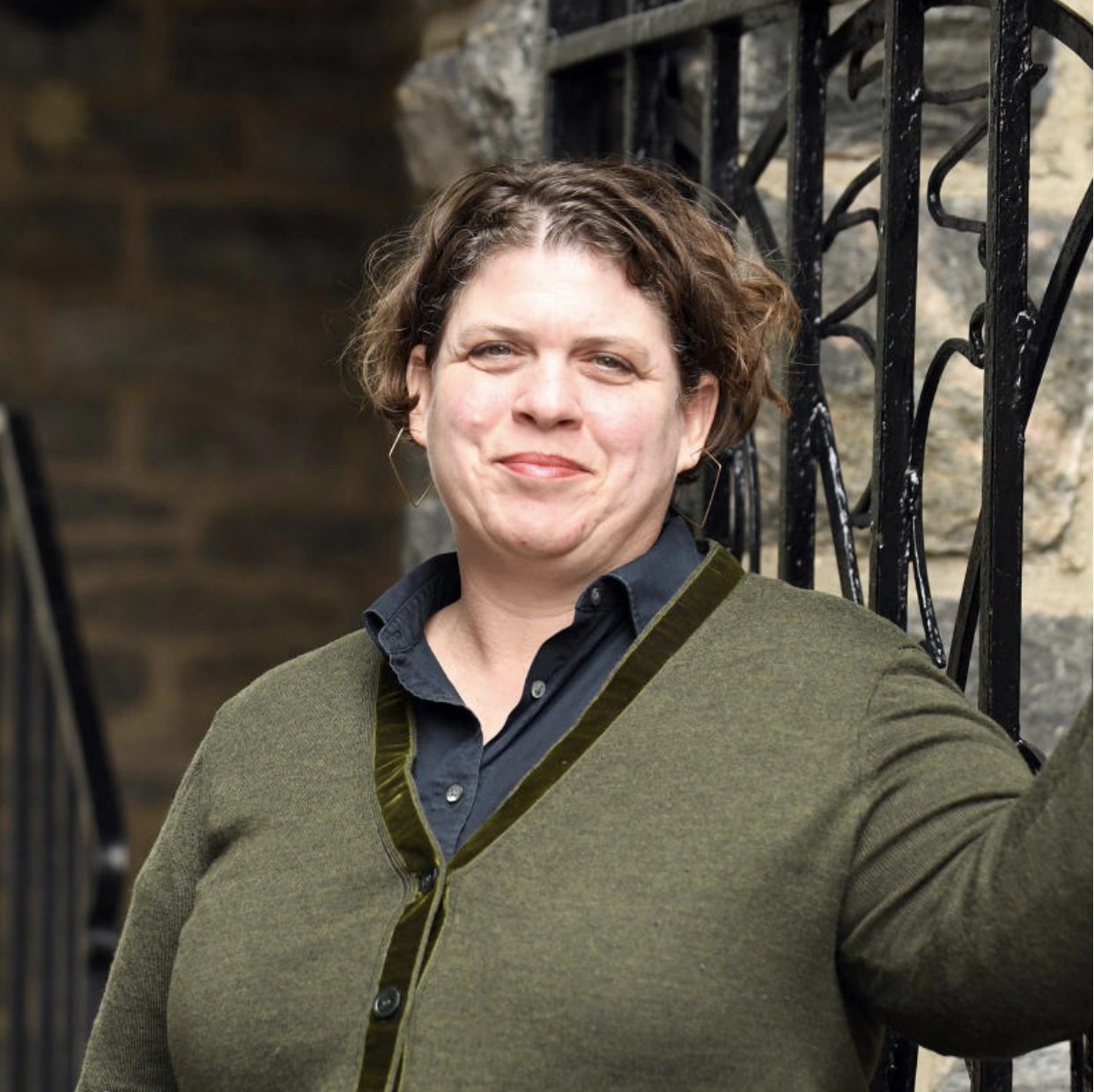
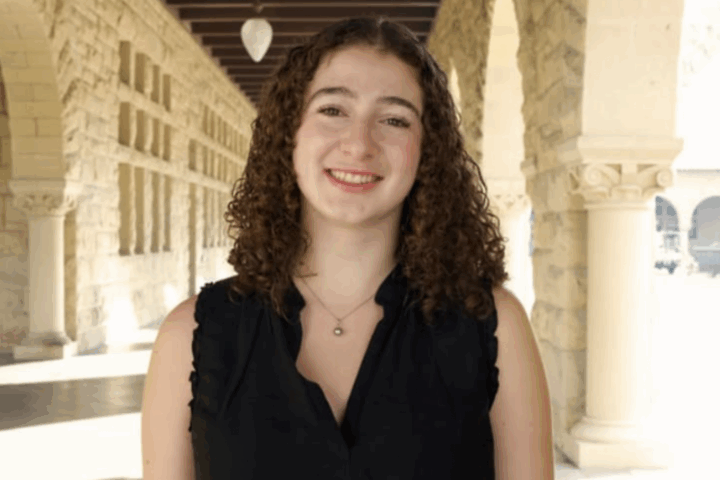
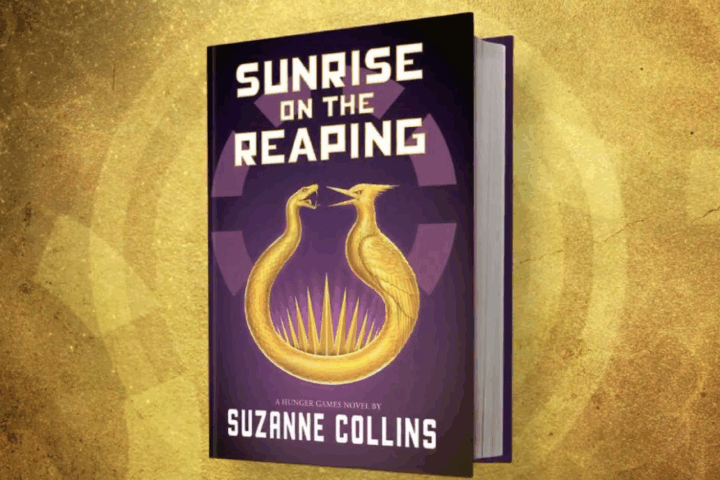
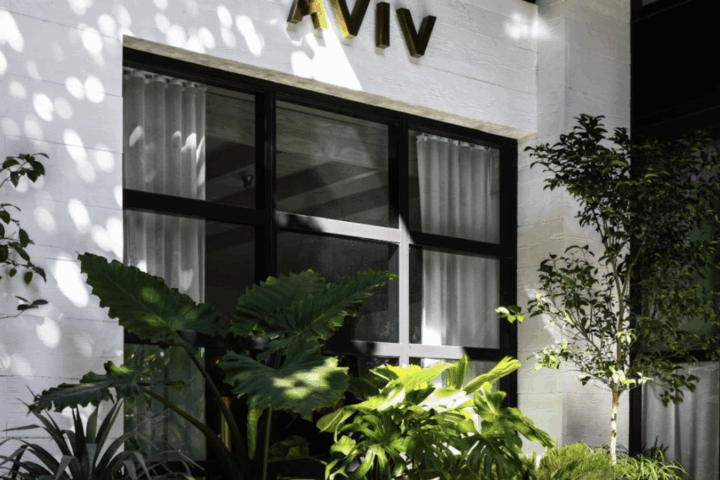
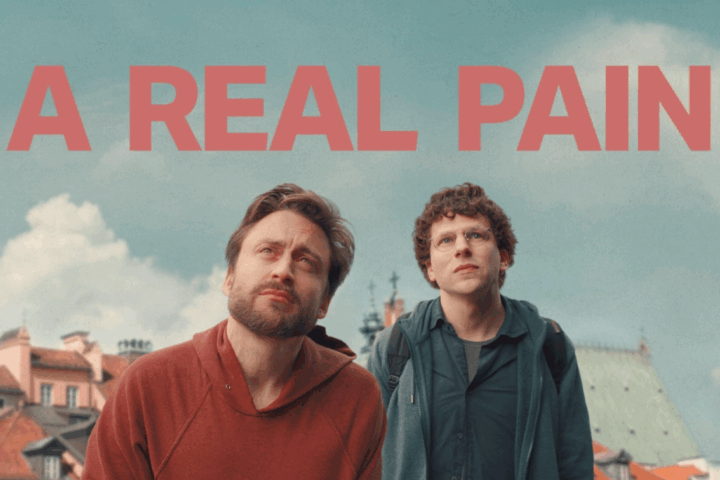
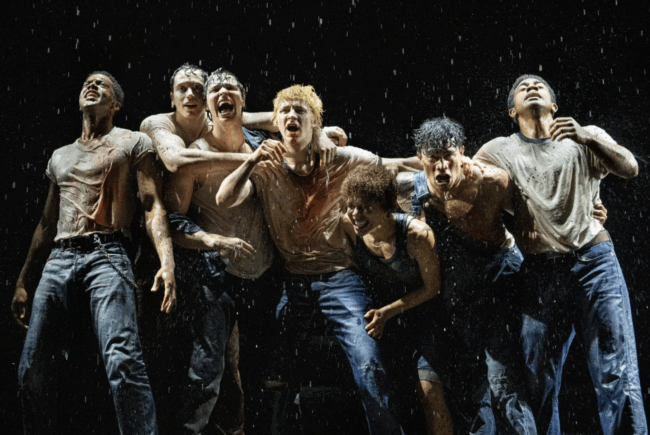
One of the best educators, human being, and person I’ve been able to know. They have done so much for ECFS, my children, and all students. THANK YOU!